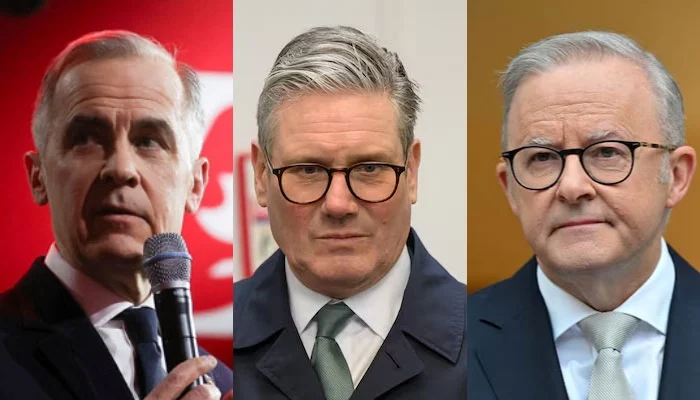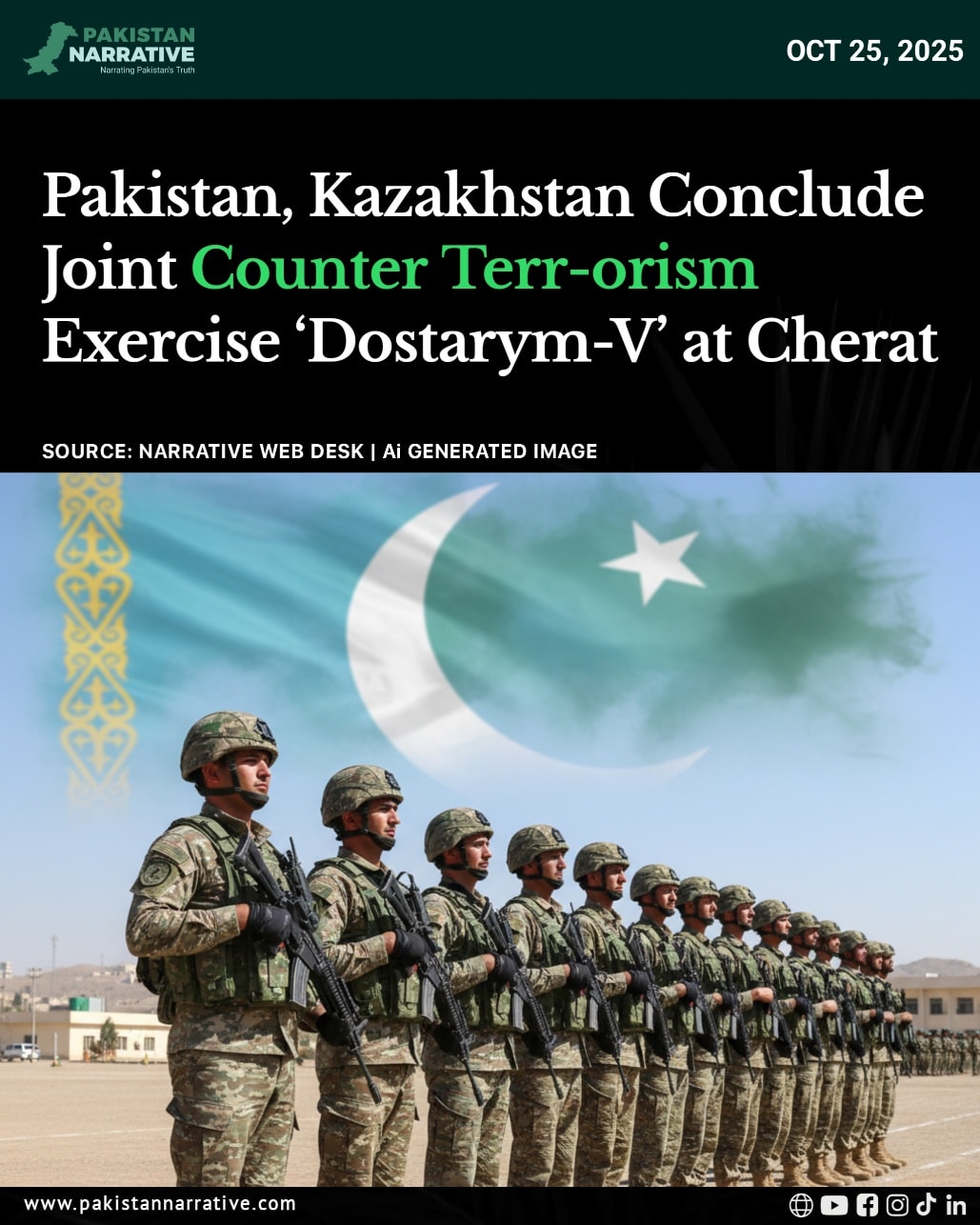Britain, Canada, and Australia on Sunday formally recognised the State of Palestine, a coordinated move aimed at reviving momentum for a two-state solution but one that risks deepening tensions with Israel and the United States.
The announcement brings the three nations in line with nearly 140 countries worldwide that support Palestinian aspirations for an independent state carved out of Israeli-occupied territories.
“Today, to revive the hope of peace for the Palestinians and Israelis, and a two-state solution, the United Kingdom formally recognises the State of Palestine,” British Prime Minister Keir Starmer said.
Canadian Prime Minister Mark Carney echoed the move, declaring: “Canada recognises the State of Palestine and offers our partnership in building the promise of a peaceful future for both the State of Palestine and the State of Israel.”
Australian Prime Minister Anthony Albanese said recognition was part of an effort to “revive momentum for peace that starts with a ceasefire in Gaza and the release of hostages.”
The decision follows Britain’s July ultimatum to Israel that recognition would proceed unless steps were taken to end what Starmer called the “appalling situation” in Gaza. Since then, fighting has intensified, settlement construction has expanded, and no ceasefire has been reached.
Read More: PM Shehbaz to Represent Pakistan at UNGA 80th Session
Foreign Secretary David Lammy noted, “With the attack on Qatar, a ceasefire lies in tatters, and prospects are bleak.”
Husam Zomlot, head of the Palestinian Mission in London, hailed the decision as a “long-overdue recognition” and “an irreversible step towards justice, peace, and the correction of historic wrongs.”
But Israel has strongly opposed recognition. Prime Minister Benjamin Netanyahu said earlier this month there would “never be a Palestinian state.”
Reactions in Britain were divided. “This is the first step in acknowledging that Palestinians have a right to somewhere to call home,” said Michael Angus, a London-based charity director. Retiree Stephen, however, criticised the decision as “abandoning Israel” and “almost supporting Hamas.”
Public international law professor Victor Kattan argued recognition was not enough, saying Britain owed Palestine “an apology and reparations” for its role in the 1917 Balfour Declaration, which promised a Jewish homeland while pledging not to undermine Arab rights.
The recognition could lead to the upgrading of the Palestinian Mission in London to embassy status and possible bans on products originating from Israeli settlements in the occupied territories.
Palestinian Foreign Minister Varsen Aghabekian Shahin welcomed the move, saying it “preserves the two-state solution and brings Palestinian independence and sovereignty closer.”
“Now is the time. It might not end the war tomorrow, but it is a step forward we must build on and amplify,” she told reporters in Ramallah.





